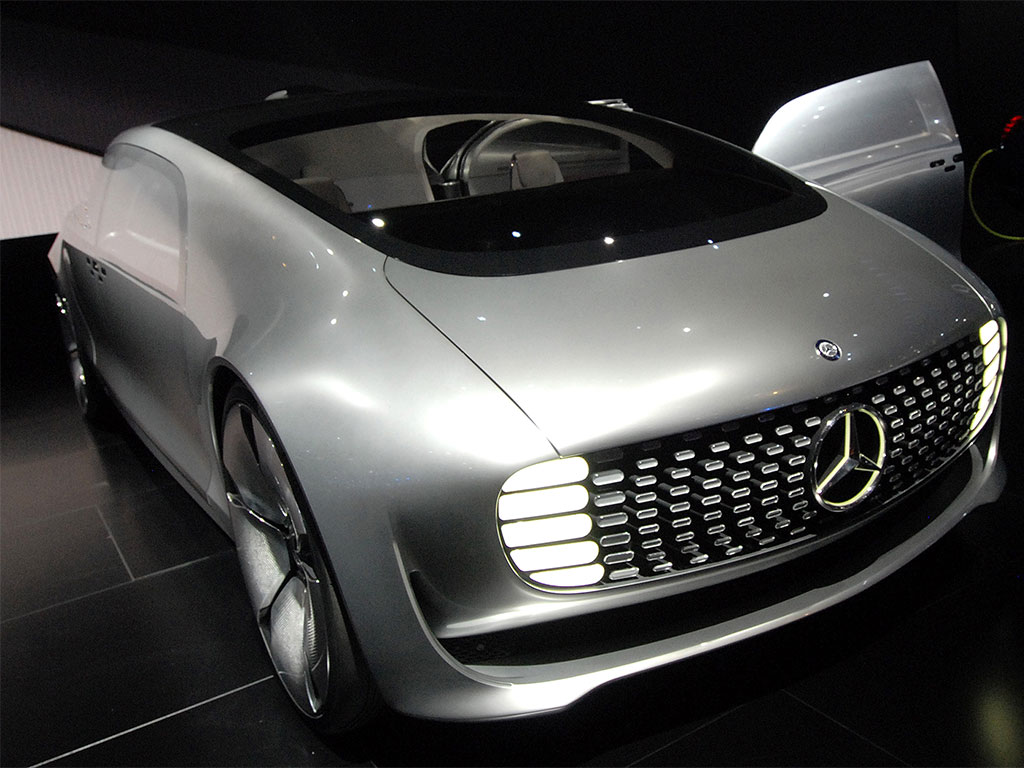Uber hitches a ride with Daimler
The agreement between the two companies has the potential to be a template for future deals

Mercedes-Benz, a Daimler brand, has been working on a driverless model for some time now, so seems an obvious choice to partner with Uber
As the battle for the future of mobility begins, Daimler and Uber have reached an agreement that could set a standard for future deals.
In a release published by Uber, the company announced it has partnered with Daimler to bring the carmaker’s autonomous vehicles to the Uber network. As per the agreement, Daimler will independently develop its own self-driving cars and serve them to riders through the Uber app. The cars themselves would ultimately remain the property of Daimler. This is the first time Uber has agreed to open up its network in such a way.
The agreement represents a new willingness from Uber to partner with outside companies rather then rely on its own technology to bring about its dream of a driverless future. In a post written by Uber CEO Travis Kalanick, he laid out in plain terms that the company can’t do everything on its own: “Auto manufacturers like Daimler are crucial to our strategy because Uber has no experience making cars – and, in fact, making cars is really hard. This became very clear to me after I visited an auto manufacturing plant and saw how much effort goes into designing, testing and building cars.”
The agreement represents a new willingness from Uber to partner with outside companies
As noted by The Verge, the deal is different to the agreement Uber struck with Volvo, where the two companies collaborated to bring a number of self-driving cars to US streets last year. Instead, this time Uber is sticking to software and letting carmakers do the heavy lifting. Uber’s deal with Daimler is also non-exclusive, meaning the carmaker could potentially partner with other ride-share companies as well.
The first Daimler cars that would come to Uber’s network would most likely be Mercedes-Benz vehicles, with the company in the past hoping to bring an autonomous car to the roads by 2020.
An increasing number of carmakers are beginning to place their bets on the future of the industry. General Motors has invested $500m in Lyft and launched its own car-sharing service called Maven. Both Ford and Volkswagen have spun off their experimental arms into subsidiaries, while Toyota has so-far focused on driver assistance features instead.













